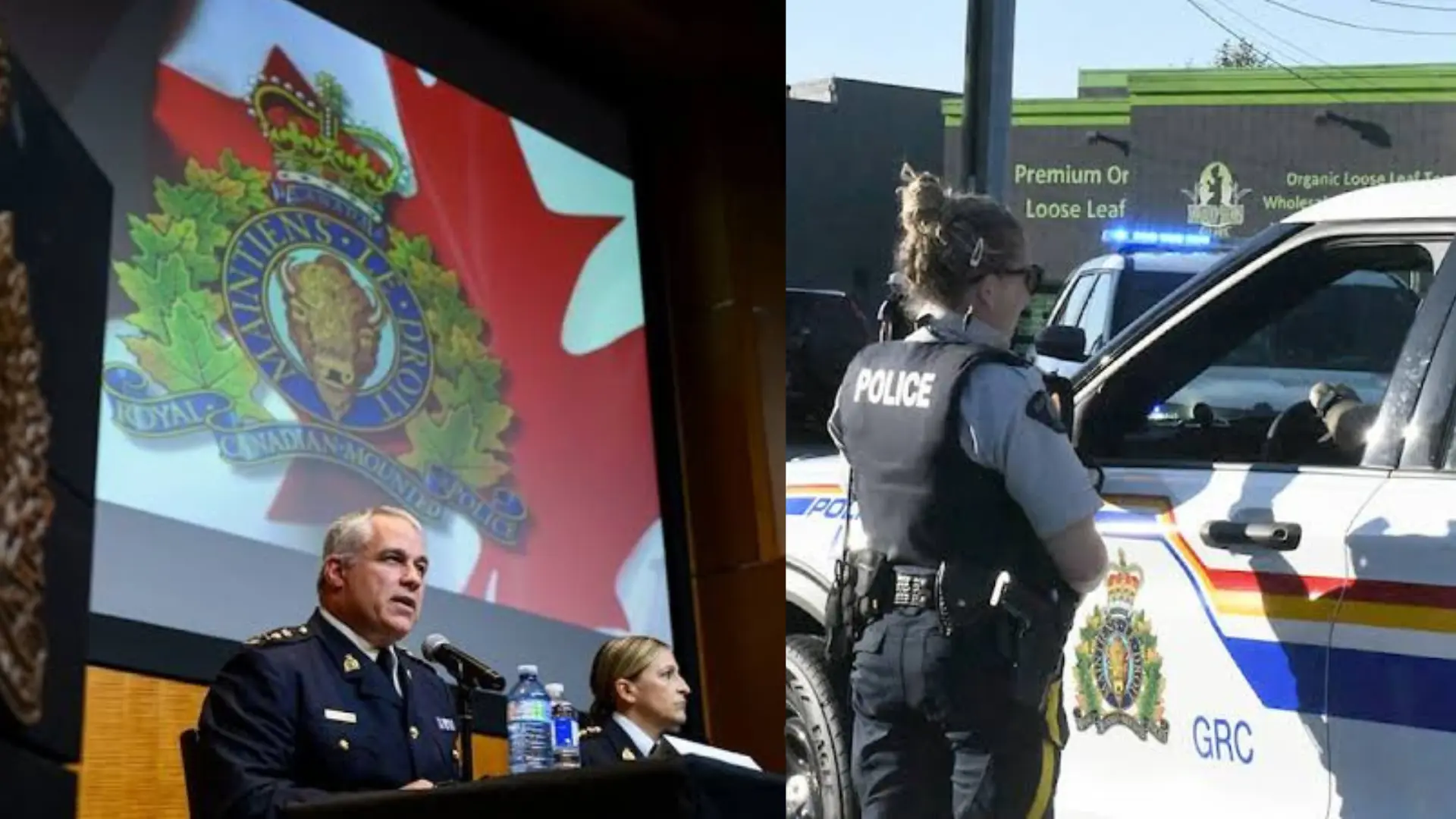Amid deteriorating diplomatic relations between India and Canada, Canadian police have stated there is “no imminent threat” to the public from a network of criminals allegedly operating in the country for the Government of India.
The comments, made by Royal Canadian Mounted Police (RCMP) Assistant Commissioner Brigitte Gauvin, were broadcast on Canadian Broadcasting Corporation (CBC) News on October 20, following a public statement from the RCMP accusing agents linked to the Indian government of involvement in widespread acts of violence, including homicides, in Canada.
The RCMP’s announcement comes in the wake of an ongoing investigation into the June 2023 fatal shooting of pro-Khalistan terrorist Hardeep Singh Nijjar, a case that has further strained relations between the two nations.
The Canadian government, led by Prime Minister Justin Trudeau, has publicly accused Indian officials of orchestrating Nijjar’s assassination on Canadian soil, a claim that India has strongly denied.
Ongoing Investigation on India’s Links To Violent Acts In Canada
According to RCMP officials, there is evidence linking Indian agents to a series of violent acts in Canada. This includes alleged involvement in multiple homicides and extortion cases, some of which have led to charges against eight individuals for homicide and 22 others for extortion. The RCMP claims that Indian media outlets have been presenting false reports on these matters, prompting the Canadian police to clarify the situation in their public statements.
Assistant Commissioner Gauvin explained that the RCMP’s announcement was part of a proactive approach to address the criminal network’s activities and ensure public safety. “The objective here is to disrupt the threat and to disrupt the network,” Gauvin told CBC News, emphasizing that efforts have been made to warn individuals who may be targeted by the criminal network.
The RCMP stated that 13 Canadian citizens had been identified as potential targets of harassment or threats from individuals connected to Indian agents. Despite the concerning nature of the allegations, Gauvin reassured the public that there is no immediate danger.
India-Canada Row
The accusations against Indian government agents have escalated tensions between the two countries. India has rejected Canada’s claims, with Indian officials arguing that the Canadian government has not provided sufficient evidence to substantiate its allegations in Nijjar’s murder. Nonetheless, Canadian authorities maintain that attempts to present evidence to Indian law enforcement and hold discussions between senior officials from both governments have been unsuccessful.
In a surprising turn, India has included the name of a Canadian Border Service Agency (CBSA) official, Sandeep Singh Sidhu, on a list of individuals it seeks to deport for alleged involvement in promoting terrorism in Punjab. Sidhu, who is reportedly linked to the banned International Sikh Youth Federation (ISYF), has been accused by Indian authorities of participating in activities that threaten India’s national security.
The inclusion of Sidhu on the deportation list follows accusations from the RCMP that Indian diplomats, including Indian High Commissioner Sanjay Kumar Verma, are persons of interest in Nijjar’s killing. The RCMP also claimed that the notorious Lawrence Bishnoi gang, which has ties to Indian criminal networks, is active in Canada and linked to Indian agents.
This latest development marks a low point in Indo-Canadian relations, which have been steadily worsening over the past year. Diplomatic ties have been strained by mutual accusations of interference in each other’s internal affairs, with the Nijjar case now a central flashpoint in the conflict.
Canada’s decision to go public with its accusations against India has sparked significant controversy, with some observers criticizing the Canadian government’s approach, while others argue that the transparency is necessary for public safety. Gauvin defended the RCMP’s decision to hold a press conference on October 14 to announce the findings of their investigation, stating that the agency had been planning the proactive move for some time.
India has called on Canada to provide concrete evidence to support its claims, but Canadian authorities argue that their evidence-gathering efforts have been blocked. The RCMP continues to investigate the network’s operations and work to prevent further violence in Canada.
ALSO READ: Trudeau’s Ex-NSA Reveals Nijjar’s Killing Linked to Faction Feud: Testimony























